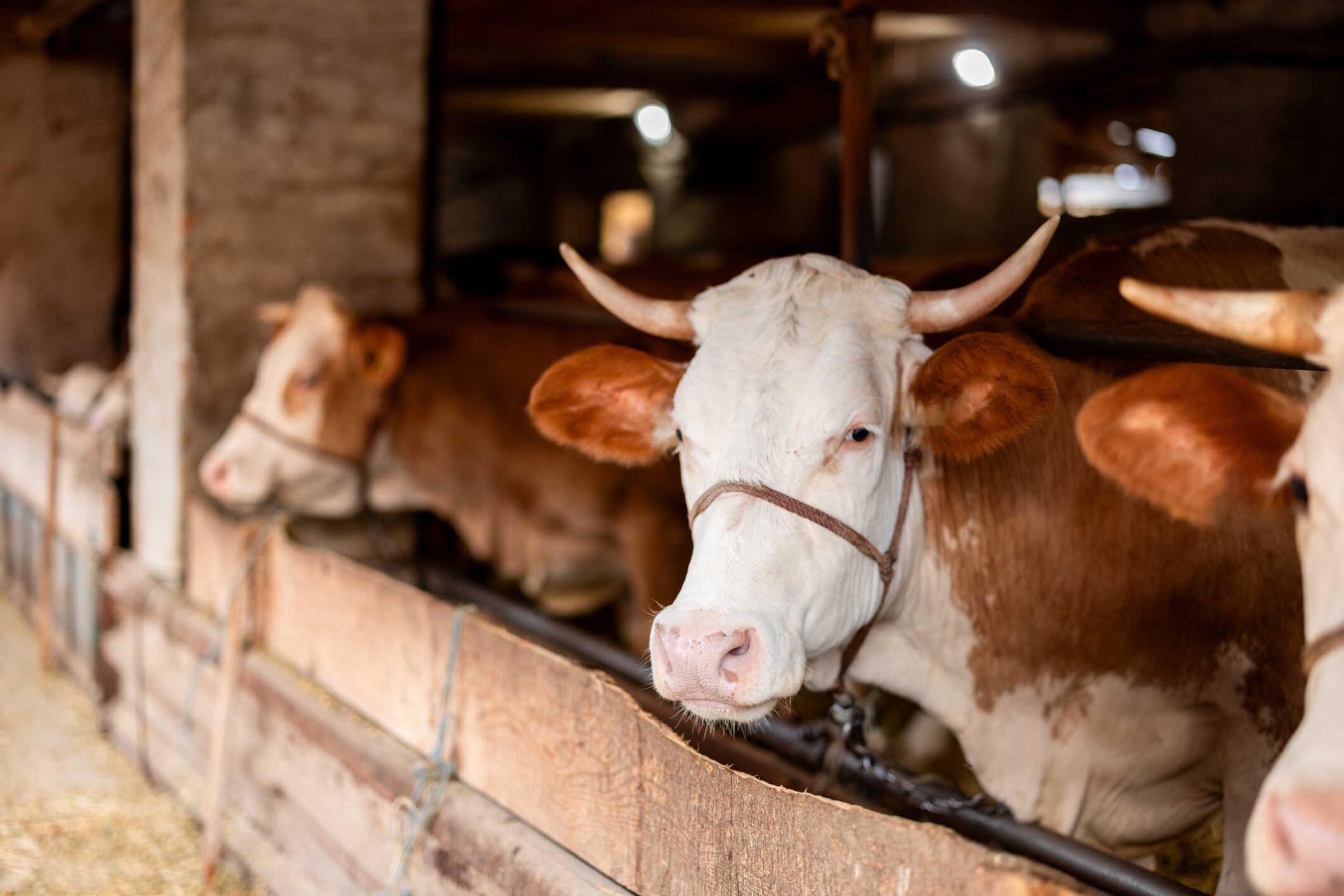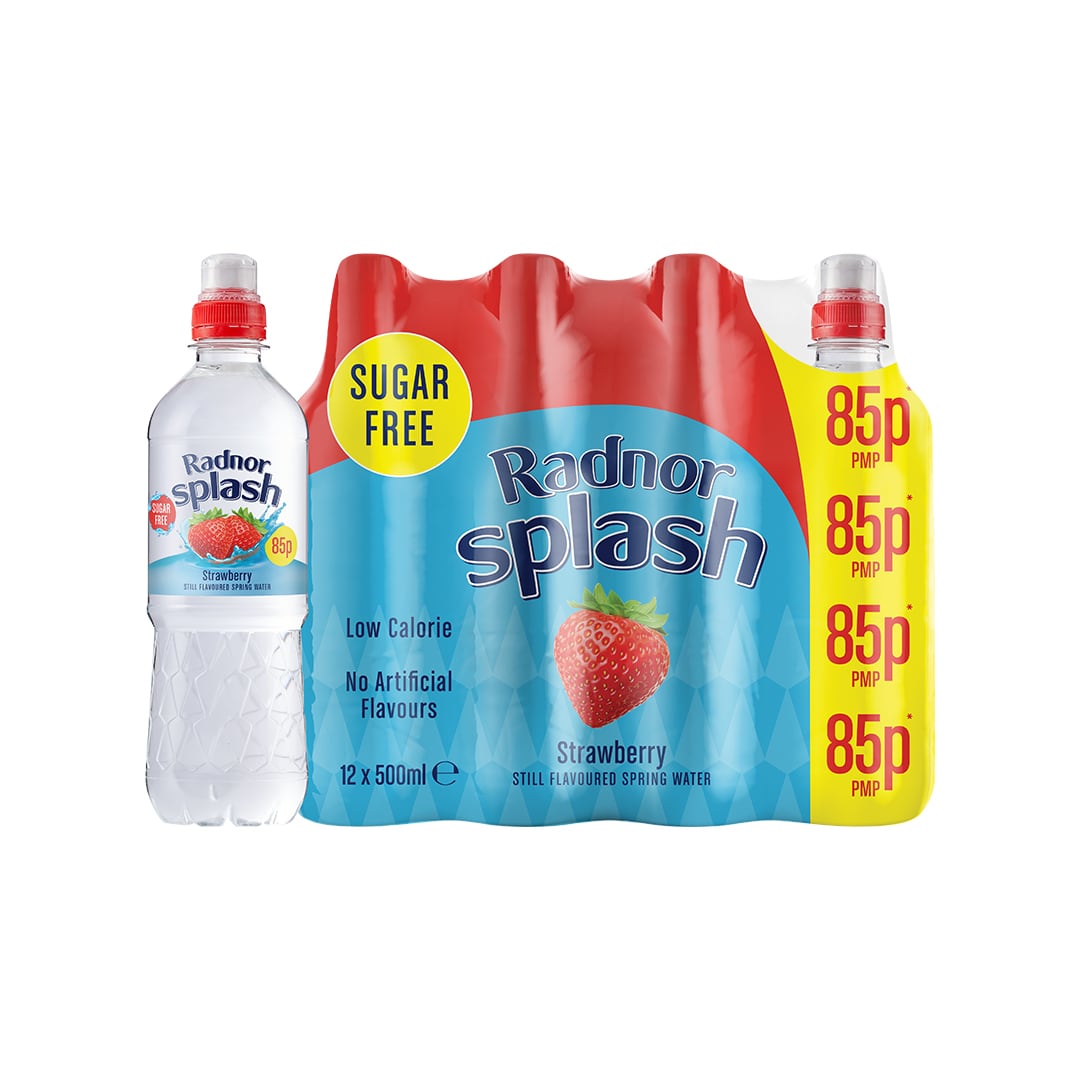Entitled ‘Food Chain Misinformation’, the report argues that misinformation is impacting public perceptions of animal farming in the UK and illegally affecting consumer decisions.
Examples of “pervasive misinformation” highlighted by the charity include misleading portrayals of animal farming on the websites of supermarkets and food producers, unrealistic depictions of animal farming on TV, exaggerated claims of animal products being British, the use of fake farm names by supermarkets and a lack of transparency within the supply chain.
According to The Animal Law Foundation, 85% of farmed animals in the UK are reared on factory farms, a process which involves “routine mutilations and confined living”, but the public is shown a different reality.
The charity reviewed the websites, advertisements and products of 47 producers and processors of dairy and eggs, as well as chicken, duck, turkey, pig and lamb meat, with only three producers not using images of animals on their websites or products. Of those images, 84% used imagery, videos, or drawings of animals living outdoors, while all major supermarkets used images of healthy animals outdoors on their websites.
Meanwhile, the report analysed 30 random episodes of animal farming programmes across BBC 1, BBC 2, CBEEBIES, ITV and Channel 4, during which all animals kept indoors were shown to be living in “high welfare” conditions.
On the issue of provenance, The Animal Law Foundation identified that major British supermarkets are using ‘British made’ claims to market meat and fish products that are largely made outside the UK.
The report was published ahead of the implementation of the 2024 Digital Markets, Competition and Consumers Act, which is due to come into force from next month.
The legislation will prohibit commercial practices that are likely to cause the average consumer to take a “transactional decision that they would not have taken otherwise, as a result of a misleading action or omission, which can include false or misleading information”.
The Consumer Protection from Unfair Trading Regulations 2008 are already in force and cover similar ground.
Commenting on the report, executive director at The Animal Law Foundation, Edie Bowles, said: “Studies show just how much consumers care about animal welfare and make purchasing decisions accordingly and the law protects consumers from buying products based on misleading information. However, something has clearly gone wrong where 100% of supermarkets show images of healthy animals outside, yet in reality 85% are kept on factory farms.
“Just as regulators are cracking down on greenwashing, we need urgent action to address ‘humane-washing’ in animal agriculture. Consumers must be able to trust the claims made on the food they buy, and authorities must ensure that those who partake in misleading practices are held to account.”
In response, Andrew Opie, the director of food and sustainability at the British Retail Consortium, said: “Retailers work closely with British farmers to ensure high standards of welfare in all the products they sell. They also use labelling and certification to help customers make an easy, informed choice when they want enhanced levels of animal welfare.”
“Supermarkets are always keen to promote British farming and follow the strict legislation on the labelling of food, including the use of flags. In fact, they pushed the government to tighten these rules. Retailers create new farm brands for some of their own-label goods in order to help consumers find the quality goods they are looking for.”
Food Manufacture has also reached out to the BBC, ITV and Channel 4 for comment.





